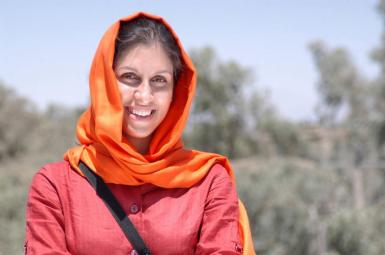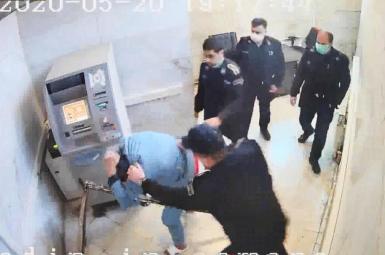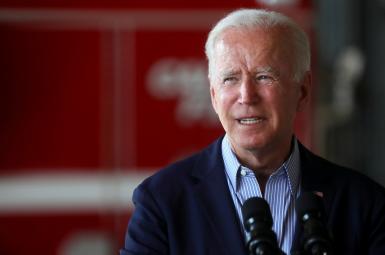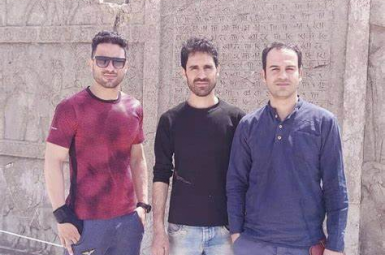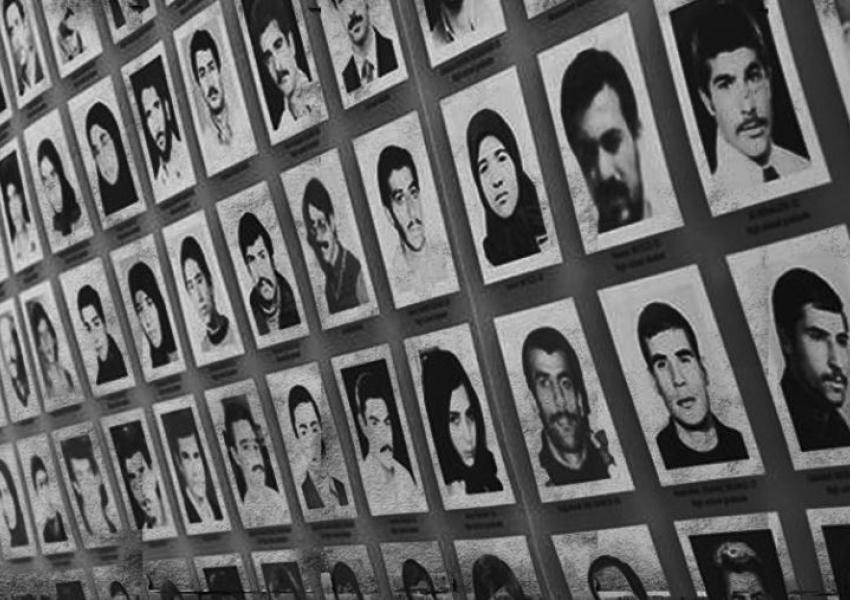
Rights Groups Demand Probe Into Iran's Raisi For Crimes Against Humanity
Amnesty International and Human Rights Watch said Saturday that Ebrahim Raisi's election as Iran's new president was a blow for human rights and called for him to be investigated over his role in what Washington and rights groups have called the extrajudicial executions of thousands of political prisoners in 1988.
Iran has never acknowledged the mass executions and Raisi has never publicly addressed allegations about his role. Some clerics have said the trials were fair, praising the "eliminating" of armed opposition in the early years of the 1979 Islamic revolution. But Ayatollah Hossein-Ali Montazeri, the second highest cleric at time regarded the killings as gross violation of human and Islamic norms and warned the group of officials in charge of the execution to reconsider. Raisi was a member of that group.
Amnesty International’s Secretary General Agnès Callamard in a statement said, “That Ebrahim Raisi has risen to the presidency instead of being investigated for the crimes against humanity of murder, enforced disappearance and torture, is a grim reminder that impunity reigns supreme in Iran. In 2018, our organization documented how Ebrahim Raisi had been a member of the ‘death commission’ which forcibly disappeared and extrajudicially executed in secret thousands of political dissidents in Evin and Gohardasht prisons near Tehran in 1988.”
New York-based Human Rights Watch (HRW) echoed this. "Iranian authorities paved the way for Ebrahim Raisi to become president through repression and an unfair election," Michael Page, deputy Middle East director at HRW, said in a statement. "As head of Iran’s repressive judiciary, Raisi oversaw some of the most heinous crimes in Iran’s recent history, which deserve investigation and accountability rather than election to high office."
Raisi’s past as a judge in charge of suppressing the regime opponents and summary execution of political prisoners was an ever-present issue among Iranians on social media during the election campaign and contributed to an unprecedented high number of blank votes.
"The circumstances surrounding the fate of the victims and the whereabouts of their bodies are, to this day, systematically concealed by the Iranian authorities, amounting to ongoing crimes against humanity," Callamard said in her statement.
Amnesty has called in the past for an investigation into Raisi, who won Friday's presidential election after three key candidates were barred from running by the hardliner Guardian Council.
"We continue to call for Ebrahim Raisi to be investigated for his involvement in past and ongoing crimes under international law, including by states that exercise universal jurisdiction," she said, pointing to its 2018 documented report on Raisi's role.
A group of UN human rights experts issued an unprecedented warning to the government of Iran in December 2020 that past and ongoing violations related to the massacres of political prisoners in 1988 in 32 cities of Iran may amount to crimes against humanity and that they will call for an international investigation if these violations persist.
Callamard said the hardline judiciary chief should also be probed over a spiraling crackdown in recent years on human rights.
“It is now more urgent than ever for member states of the UN Human Rights Council to take concrete steps to address the crisis of systematic impunity in Iran including by establishing an impartial mechanism to collect and analyze evidence of the most serious crimes under international law committed in Iran to facilitate fair and independent criminal proceedings,” Callamard manintained.
